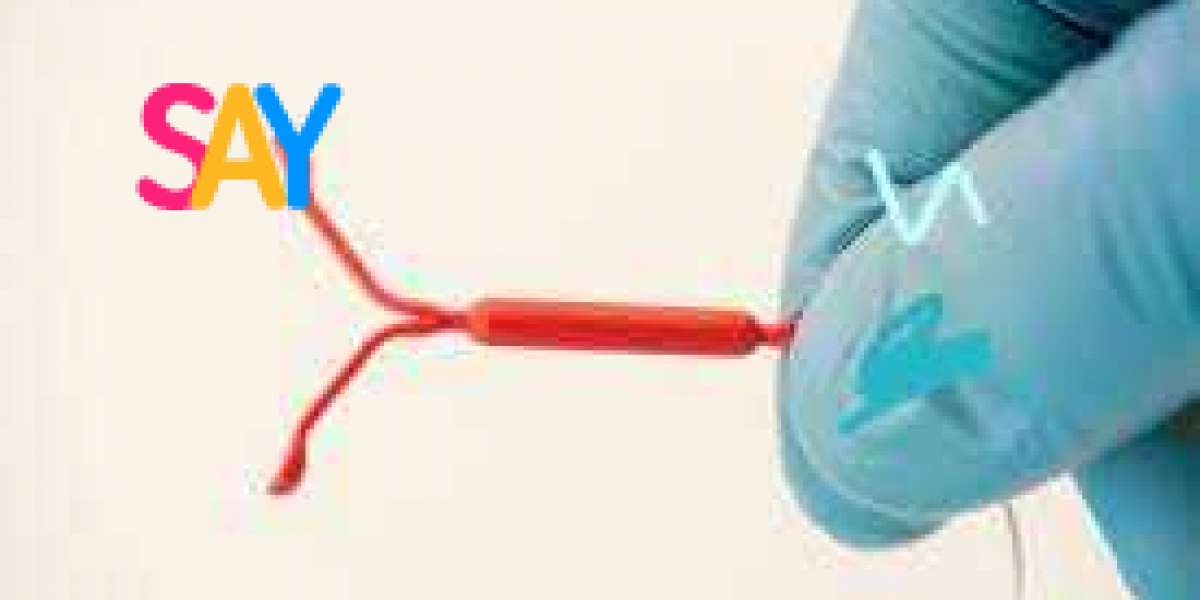Considering removing your hormonal IUD? Weight loss might be a factor on your mind. While hormonal IUDs are a popular and effective birth control method, some users report weight changes after removal. This article explores the link between hormonal weight loss after iud removal, addressing the lack of conclusive research and offering helpful tips for navigating this transition.
Understanding Hormonal IUDs
Hormonal IUDs, like Mirena or Skyla, are T-shaped devices inserted into the uterus. They release a low, steady dose of progestin, a hormone that thickens cervical mucus and thins the uterine lining, preventing pregnancy.
Weight Gain and Hormonal IUDs: The Unclear Connection
Many women list weight gain as a potential side effect of hormonal IUDs. However, research on this topic is limited. Here's what we know:
Bloating vs. Weight Gain: Medical literature often describes weight gain associated with hormonal birth control as "bloating" or water retention, which is temporary.
Individual Experiences: People respond differently to medications, and hormonal IUDs are no exception. Some users might experience weight gain beyond water retention, while others might not.
Weight Loss After Removal: Fact or Fiction?
There's no clear scientific evidence that removing a hormonal IUD directly leads to weight loss. However, some possibilities exist:
Appetite Changes: After removal, hormonal fluctuations might temporarily suppress appetite, leading to short-term weight loss.
Lifestyle Adjustments: The decision to remove an IUD might be part of a larger desire for a healthier lifestyle. This newfound motivation could lead to dietary changes and increased physical activity, promoting weight loss.
What to Expect After Removal
The removal process itself is a quick in-office procedure. Afterward, your body will gradually adjust to the absence of the hormones released by the IUD. This adjustment period can vary, but some potential effects include:
Irregular bleeding: This is common for a few weeks after removal.
Cramping: Similar to menstrual cramps.
Mood swings: Hormonal fluctuations might cause temporary mood changes.
Weight Loss After Removal: Making Informed Choices
If weight loss is a primary goal for removing your hormonal IUD, it's important to manage expectations:
Focus on Overall Health: Removing the IUD solely for weight loss might not be the best approach. Aim for sustainable weight management through healthy eating and exercise.
Consult Your Doctor: Discuss your weight loss goals and concerns with your doctor. They can assess your individual situation and offer personalized advice.
Tips for Healthy Weight Management After Removal:
Develop a Balanced Diet: Focus on whole foods like fruits, vegetables, and lean protein. Reduce processed foods and sugary drinks.
Stay Hydrated: Drinking plenty of water helps curb cravings and promotes a feeling of fullness.
Find an Exercise Routine You Enjoy: Regular physical activity is crucial for weight management and overall well-being. Choose activities you find fun and sustainable.Be Patient: Healthy weight loss takes time and effort. Celebrate small victories and stay motivated.
Remember: Weight loss is a complex process influenced by various factors, including genetics, diet, and exercise. Removing a hormonal IUD might not be a guaranteed solution.
Conclusion
While the link between hormonal weight loss after iud removal remains unclear, it's a common concern for many users. By understanding the lack of conclusive research and focusing on healthy lifestyle choices, you can navigate this transition effectively. Consult your doctor to discuss your weight loss goals and any questions you have about removing your IUD.




